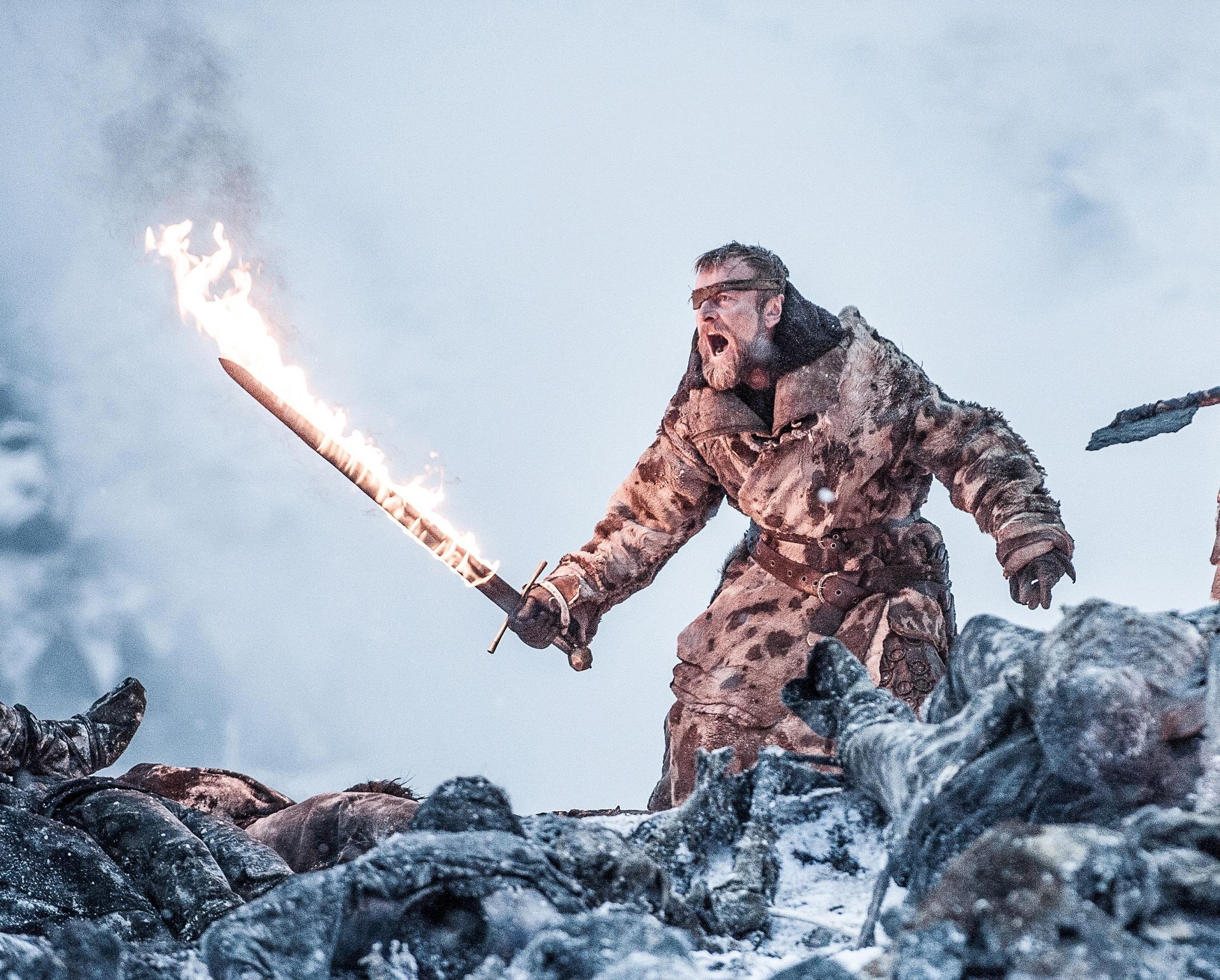Game of Thrones season 7 pacing: Episode 6 director admits 'there was some effort to fudge the timeline a little'
'We were aware that timing was getting a little hazy'

Your support helps us to tell the story
From reproductive rights to climate change to Big Tech, The Independent is on the ground when the story is developing. Whether it's investigating the financials of Elon Musk's pro-Trump PAC or producing our latest documentary, 'The A Word', which shines a light on the American women fighting for reproductive rights, we know how important it is to parse out the facts from the messaging.
At such a critical moment in US history, we need reporters on the ground. Your donation allows us to keep sending journalists to speak to both sides of the story.
The Independent is trusted by Americans across the entire political spectrum. And unlike many other quality news outlets, we choose not to lock Americans out of our reporting and analysis with paywalls. We believe quality journalism should be available to everyone, paid for by those who can afford it.
Your support makes all the difference.As much as you wanted to just roll with Game of Thrones season 7 episode 6, 'Beyond the Wall', it was hard to block out pedantic quibbles about the speed with which Gendry made it to the Wall, a raven made it from the Wall to Dragonstone and Daenerys made it from Dragonstone to north of the Wall.
The show's creators were aware of these inconsistencies, of course, but ultimately decided they were necessary in telling the dramatic and action-packed story they wanted to.
“We were aware that timing was getting a little hazy,” episode director Alan Taylor told Variety.
“We’ve got Gendry running back, ravens flying a certain distance, dragons having to fly back a certain distance…
"In terms of the emotional experience, [Jon and company] sort of spent one dark night on the island in terms of storytelling moments. We tried to hedge it a little bit with the eternal twilight up there north of The Wall. I think there was some effort to fudge the timeline a little bit by not declaring exactly how long we were there.
"I think that worked for some people, for other people it didn’t. They seemed to be very concerned about how fast a raven can fly but there’s a thing called plausible impossibilities, which is what you try to achieve, rather than impossible plausibilities.
"So I think we were straining plausibility a little bit, but I hope the story’s momentum carries over some of that stuff."
You'd have to be a bit of a killjoy not to sympathise with this, and no-one wants to see four episodes of Gendry running, but the explanation perhaps doesn't justify the breakneck pacing of the season as a whole, which has at times sacrificed necessary character development/justification in order to advance the plot.
But Taylor concluded: "It’s cool that the show is so important to so many people that it’s being scrutinized so thoroughly."
Elsewhere, in a 'making of' video about the frozen lake scenes, co-showrunner David Benioff discussed Viserion's death.

Watch Apple TV+ free for 7 days
New subscribers only. £8.99/mo. after free trial. Plan auto-renews until cancelled

Watch Apple TV+ free for 7 days
New subscribers only. £8.99/mo. after free trial. Plan auto-renews until cancelled
"What was fun about the sequence — in an awful way to us — is up until the end, it's very close to one of those battles where all the good guys get out the other side more or less scot-free," he said. "But we knew that killing the dragon was going to have a tremendous emotional impact. Over the seasons and seasons of the show, it's really been emphasized what they are to Dany. We knew the Night King would see and seize this opportunity."
"We like to think when the dragon dies, it's kind of a one-two punch," he continues. "On the one hand, you've just seen the horror of one of these three amazing beings like this in the world going under the water and not coming up again, and processing that. Then you're processing something that's even worse: when it comes back up from under the water again, and we see in the last shot of the episode what it becomes."
Game of Thrones season 7 concludes on HBO, Sky Atlantic and through NOWTV on Sunday night.
Join our commenting forum
Join thought-provoking conversations, follow other Independent readers and see their replies
Comments